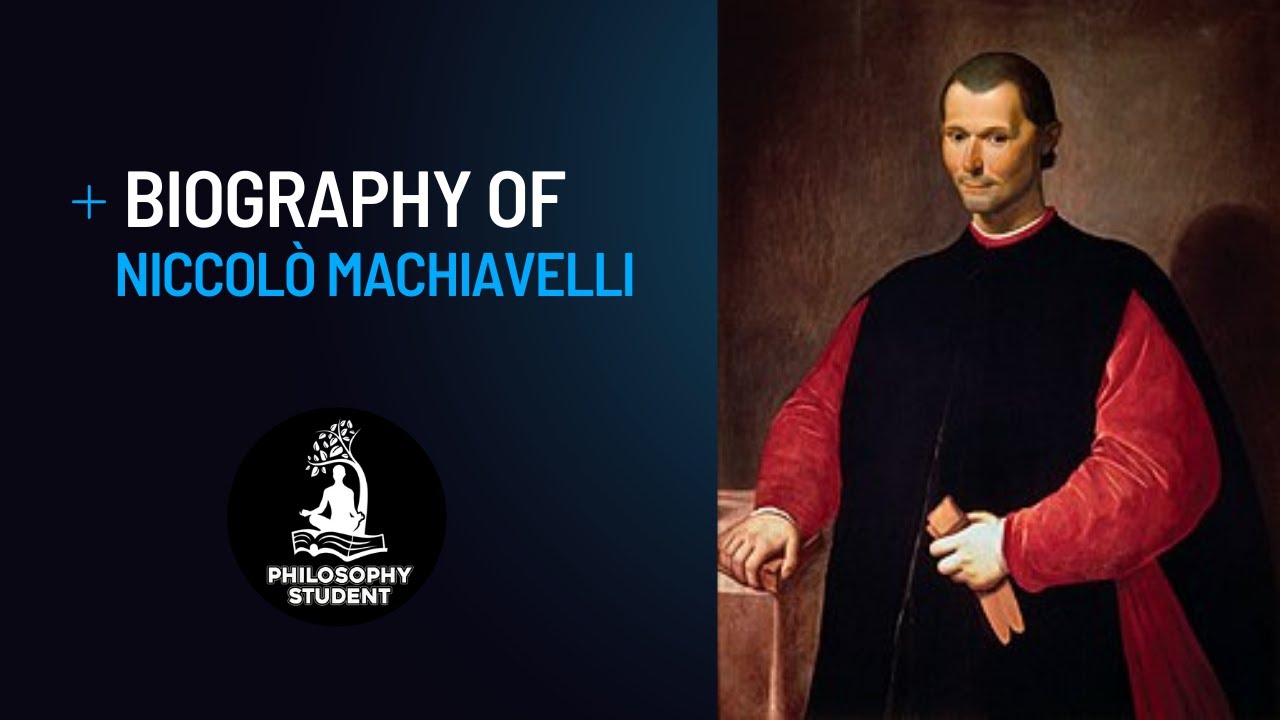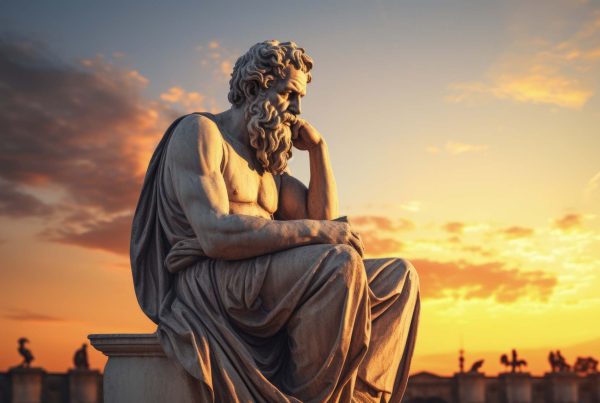Born on May 3, 1469 in Florence, Italy, Machiavelli is most famous for Il Principe (The Prince), which he wrote in 1513 and dedicated to Lorenzo di Piero de’ Medici, a work that has earned him the title of father of modern political philosophy.
Machiavelli was the son of an impoverished lawyer named Bernardo Machiavelli. In 1498, the young man advanced in the government of the Florentine Republic, becoming head of the second chancery after the execution of Cirolamo Savonarola. As secretary to the magistracy of the Signoria (Florentine grand council) during 1500-1502, Machiavelli became intimately involved in the complex workings of diplomacy and power politics. After Piero di Tommaso Soderini (1450-1522) was elected gonfalonier (chief executive) for life, Machiavelli became his principal assistant in 1502. In this capacity, he crafted and engineered
passage of a militia law that created a 10,000-man citizen army for Florence in December The following year, he became secretary to the Council of Nine, the body that controlled the militia. He personally commanded the militia in operations against Pisa and was instrumental in forcing that city to surrender on June 8, 1509.
Machiavelli went on to play a leading role in the diplomatic and military maneuvering preparatory to the War of the Holy League during 1510-1511 but was ejected from his offices after Florence fell to a Papal-Spanish army and the Medici were restored to power in 1512. Cast into prison and tortured there on suspicion of sedition and treason, he was at length released for lack of evidence.
He composed The Prince but retired from public life in 1513, living on his modest estate, Sant’Angelo, just outside Florence. While The Prince, composed at the beginning of this period, is his most famous work, he devoted the succeeding fourteen years to study and writing, producing Discourses on Livy (1516-1519) and The Art of War (1520), as well as a number of plays, works of fiction, and poems.
During the 1520s, Machiavelli won favor with Cardinal Giulio de’ Medici, through whom he obtained the post of official historian of Florence in November 1520. During the period of this appointment he wrote The History of Florence (1521-1525) while also serving on numerous minor diplomatic missions. Appointed secretary to the inspectors of fortifications in April 1526, he marched with the Papal army in 1526-1527, returning to Florence after the sack of Rome in May 1527. Unable to find a place in the new republican government that had replaced the Medici in Florence, Machiavelli declined in health and died on June 21, 1527.
The Prince lays out the tasks of a “new”—that is, non-hereditary—prince, who must hold his freshly acquired power by building his state on an enduring political structure to create needed stability and security. This public benefit may require personally unscrupulous actions, which the prince should make boldly on the assumption that it is better to be feared than loved. Whereas a loved ruler holds power through the people’s sense of obligation toward him, the feared leader wields the more compelling motive of fear of punishment.
Machiavelli postulated that the “necessity” of acquiring and holding power to create a stable state requires the systematic and methodical application of brute force and deceit. All comers who challenge the prince’s power make themselves liable for their own destruction. Machiavelli championed the notion of strategic overkill. To block others’ ascension to power, he advocated killing not merely the rival but his family, members of which might claim revenge or right of rule through inheritance. When power is at stake, the ends unconditionally justify the means, even to the point of genocide.
The amoral elevation of power—and stability—over all other considerations earned the philosophy of The Prince the adjective Machiavellian. At one point, the Catholic Church banned the book. The rising Humanists of the Renaissance, Erasmus among them, condemned it bitterly as well. The book has come to define political “realism” versus political “idealism,” as presented by the likes of Plato and Aristotle.




































